When I here about the halting problem, it sounds like non-termination is something to avoid and that the halting problem makes it impossible to know if the program/algorithm is good.
But when I think about it, aren't terminating programs the exception and no the rule? I can think of one class of applications where it's expected to terminate in a finite amount of time: compilers. Everything else, from the web-browser I'm using, to the desktop environment, to the text editor, to the shell, to server hosting SO, to the OS itself, aren't supposed to terminate on their own. Heck, even the package manager is supposed to ask the user for confirmation. They're all intended to keep running indefinitely unless a user or sysadmin says otherwise.
My point is is it really so bad that you can't prove that something will terminate? If anything, proving that something will exit in a finite amount of time would be more of a bug than the opposite.
